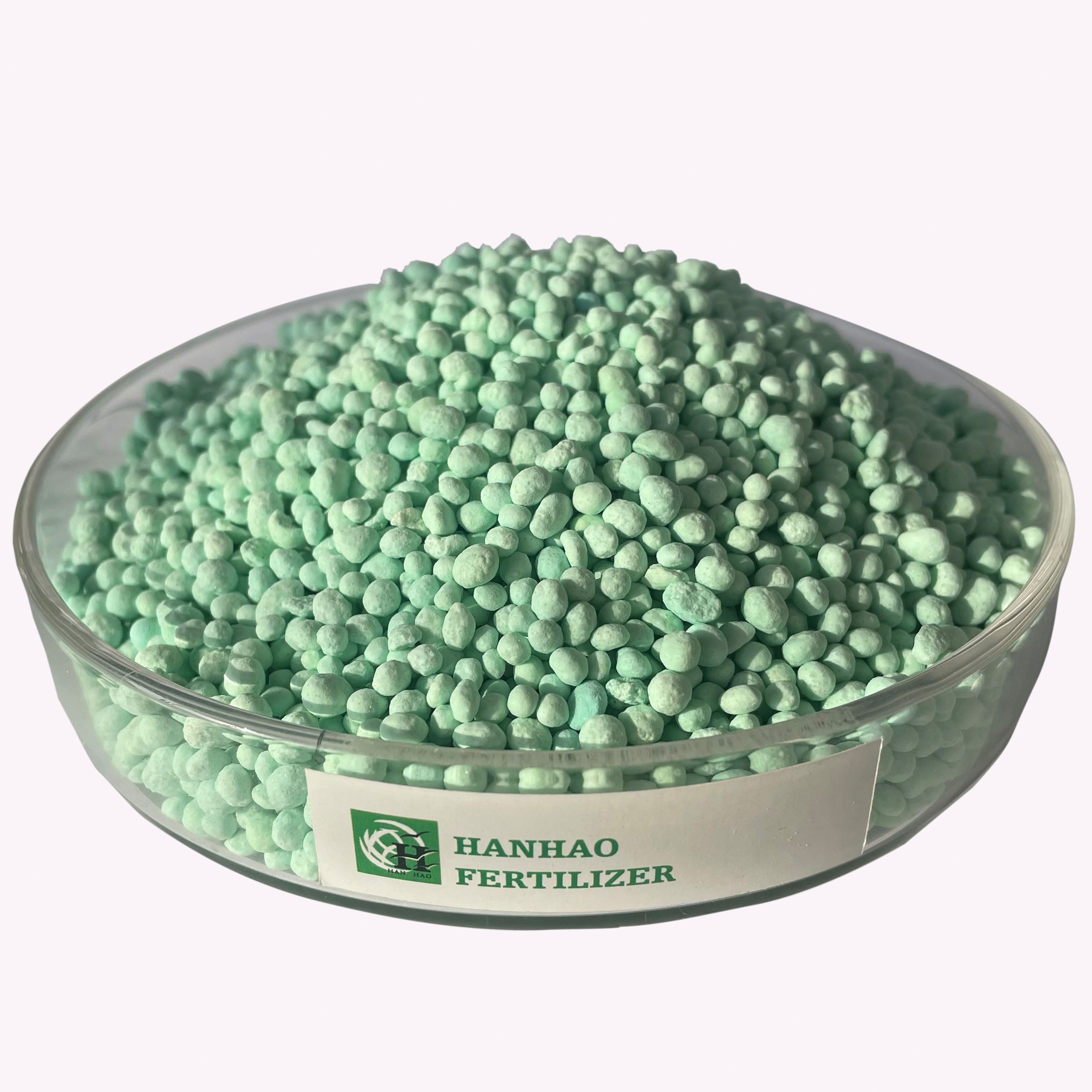
Nov . 11, 2024 01:13 Back to list
Benefits of Organic Soil Fertilizer for Healthy Plant Growth and Soil Enrichment
The Benefits of Organic Soil Fertilizer for Sustainable Agriculture
In recent years, the discussion around sustainable agriculture has grown increasingly important, particularly in light of climate change and the degradation of our natural resources. One key component of sustainable farming practices is the use of organic soil fertilizers. Unlike synthetic fertilizers, organic options are derived from natural sources, promoting better soil health and enhancing crop productivity while minimizing environmental impact.
Organic soil fertilizers are composed of materials such as compost, manure, and other organic matter. These fertilizers improve soil structure, enhance nutrient availability, and encourage biological activity within the soil. This biological activity is crucial, as it promotes a diverse ecosystem of microorganisms that play vital roles in nutrient cycling, soil fertility, and plant health.
One of the most significant benefits of using organic soil fertilizers is their ability to improve soil structure. Organic matter, when added to the soil, helps to bind soil particles together, creating aggregates. This aggregation improves aeration and water infiltration, allowing roots to access oxygen and moisture more easily. As a result, plants are better equipped to withstand drought and other environmental stressors.
Moreover, organic fertilizers release nutrients slowly over time. This slow release is less likely to lead to nutrient leaching into water systems, which is a common problem associated with synthetic fertilizers. The gradual availability of nutrients from organic fertilizers also aligns better with plant uptake, reducing the risk of nutrient overload that can lead to toxic conditions for plants and surrounding ecosystems.
organic soil fertilizer

Another advantage of organic soil fertilizers is their role in enhancing soil biodiversity. Healthy soils are teeming with microorganisms, insects, and other organisms that contribute to the breakdown of organic matter and nutrient cycling. By introducing organic matter into the soil, farmers create a thriving habitat for these organisms, which in turn support plant health and productivity. Increased biodiversity in the soil also leads to more resilient farming systems, capable of withstanding pests, diseases, and changing climate conditions.
From an environmental perspective, the use of organic soil fertilizers contributes significantly to carbon sequestration. Organic matter in the soil acts as a carbon sink, capturing carbon dioxide from the atmosphere and storing it in the soil. This process not only mitigates climate change but also improves soil fertility. Furthermore, organic fertilizers reduce dependence on fossil fuels commonly used in the production and transportation of synthetic fertilizers.
Utilizing organic soil fertilizers aligns with the principles of regenerative agriculture, which focus on enhancing soil health, increasing biodiversity, and promoting sustainable land management practices. Farmers who adopt organic fertilization methods often report improved crop yields, better resilience to pests and diseases, and overall enhanced sustainability of their farming practices.
However, it is essential for farmers to understand the specific nutrient requirements of their crops and to tailor their use of organic fertilizers accordingly. Soil testing and proper application methods are vital in ensuring that crops receive the right amount of nutrients at the right time. Additionally, incorporating a variety of organic materials can further enhance the nutrient profile of the soil.
In conclusion, organic soil fertilizers serve as a crucial tool for sustainable agriculture. By enhancing soil health, improving nutrient availability, and promoting biodiversity, these fertilizers not only lead to increased crop yields but also contribute to environmental preservation. As the global agricultural landscape continues to evolve, embracing organic soil fertilization will be integral in ensuring that our farming practices are both productive and sustainable for future generations.
-
10 10 10 Fertilizer Organic—Balanced NPK for All Plants
NewsJul.30,2025
-
Premium 10 10 10 Fertilizer Organic for Balanced Plant Growth
NewsJul.29,2025
-
Premium 10 10 10 Fertilizer Organic for Balanced Plant Growth
NewsJul.29,2025
-
Premium 10 10 10 Fertilizer Organic for Balanced Plant Growth
NewsJul.29,2025
-
50 Pound Bags of 13-13-13 Fertilizer for All Plants – Bulk & Organic Options
NewsJul.28,2025
-
High-Efficiency 15-30-15 Granular Fertilizer for Healthy Crops
NewsJul.28,2025
